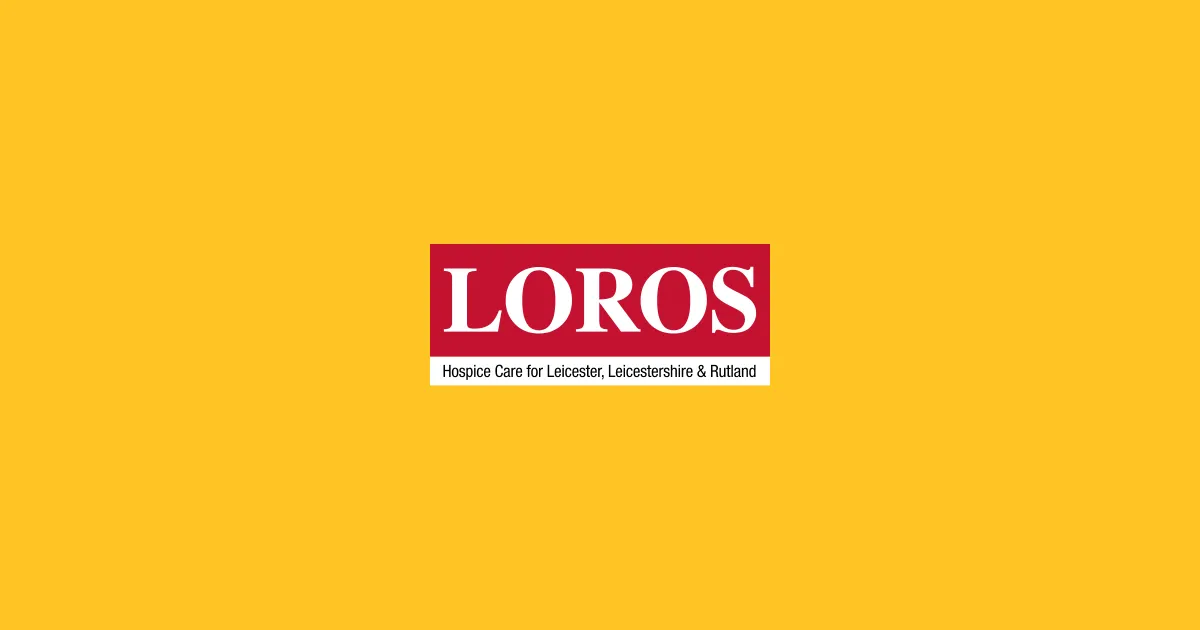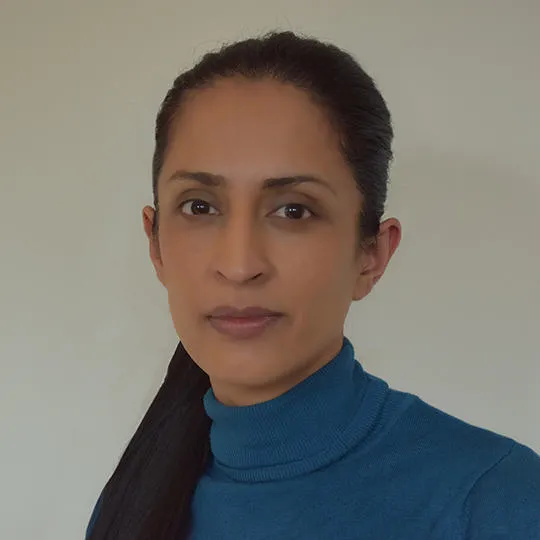Equitable bereavement care for all
Why is this study being done?
When someone close to you dies, it can have a big impact on your life. We want to make sure that everyone gets the support they need during such a difficult time.
Some people get help from their families, friends, and local communities. Others might need more help from bereavement support services. These services offer practical and emotional support. But not everyone knows about these services, and many services are not reaching people from ethnically diverse communities.
We want to find out why this happens and how to make sure everyone can get the support they need.
How will we do this?
- We will talk to people from ethnically diverse communities who have lost someone close to them. We want to understand their experiences, what kind of help they need, and what bereavement services can do better.
- We will also talk to people who work with bereavement support services. This will help us understand what they are doing to make sure everyone can get the help they need.
- Then, we will use what we learn to come up with ways to improve services and better help people.
How can you take part?
You can take part in a one-on-one interview with one of our researchers or be part of a group discussion. The researcher will ask about your experience of bereavement and the support you may have received. You can share as much or as little as you want about your experience and the help you have received.
Your thoughts on bereavement support services and how they could be improved is incredibly valuable to us. Your participation will help us create better ways to support people during their time of need.
Outputs
We will bring our findings together to develop ways to improve support for those who are bereaved, working with both people who have been bereaved and bereavement support services.Our research will involve input from community organisations and people from diverse ethnic backgrounds who have experienced loss. We will publish scientific papers, host two engagement events, and create a short film featuring real-life quotes and stories from bereaved individuals to maximise the impact of our research.
Funders
The National Institute for Health and Care Research (NIHR). This study has been reviewed and given favourable opinion by King’s College London Ethics Committee (Reference number: HR/DP-23/24-39898).
Frequently Asked Questions:
Can I take part in the study if I live outside England? If you live outside England, you will not be able to take part as the approval we have is limited to England.
How can I take part in this study? Please email bereavement.study@kcl.ac.uk if you wish to take part.
Will I receive payment for taking part? Yes, you will receive a £20 voucher for taking part. You will also be reimbursed for out-of-pocket expenses (e.g., travel) related to taking part in the study.
Will my taking part in this study make a difference? This study has been commissioned by the Department of Health and Social Care. Findings from this study will directly contribute to government policy recommendations, which will be jointly developed with the Department of Health. We will also develop other resources to maximise the impact from this research. This will include a film (including actors describing bereavement experiences) and online and face-to-face events for members of the public, bereavement support providers, and policy makers.
Where can I receive bereavement support? The Grief Support Guide provides information on the various bereavement support options available in the UK. These range from self-help resources and helplines to peer support groups and grief counselling. The guide also includes details of support available for specific groups of bereaved people, such as widows, widowers, children, and those from different cultural and faith groups, as well as individuals bereaved by particular types of death. This free guide is available in ten languages and can be downloaded from the National Bereavement Alliance website.
Aims
Working with people who have been bereaved and bereavement support services, we will bring our findings together to develop ways to improve support for those who are bereaved. We will have extensive input from community organisations and people from ethnically diverse communities who have been bereaved. We will produce scientific publications and hold two engagement events. We will produce a short film that includes real-life quotes and stories of bereaved people, maximising the impact of our research.
Our Partners

University of Bedfordshire

University of Hull

Cardiff University

University of Bristol

LOROS Centre for Excellence

LOROS Hospice
Principal Investigators
Investigators
Affiliations
Funding
Funding Body: NIHR Policy Research Programme (PRP)
Amount: £414,891.96
Period: September 2023 - March 2025







